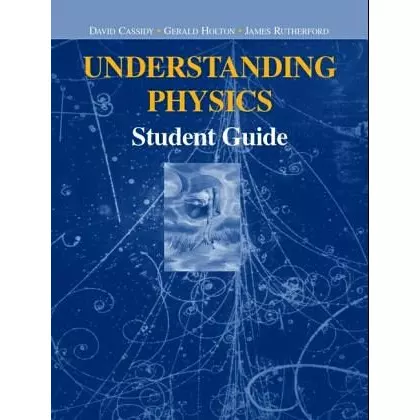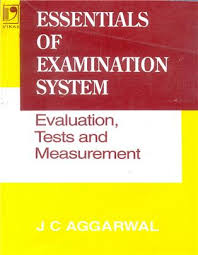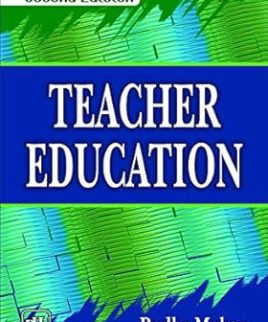Description
Understanding Physics Study Guide
This book, a companion to the textbook, Understanding Physics, is your guide to observations and explorations in the world of physics. Prepare for challenging work, fun, and some surprises. One of the best ways to learn physics is by doing physics, in the laboratory and everywhere. One cannot rely on reading and class work alone. The explorations in this book are your opportunity to gain some actual, hands-on experience with physics.
Many of these explorations will assist you to design your own experiments and to discover many of the important ideas of science yourself. As you will see from the Contents, this Student Guide provides a variety of potentially helpful materials. Following the Introduction is a review of units, mathematics, and scientific notation, and a list of suggested further reading and Web Sites. However, a large portion of the Student Guide c- tains further materials relating to many of the textbook chapters, as well as to laboratory explorations. In the section containing “Further Chapter – terials” you will find elaborations on topics in many of the chapters, as well as derivations of important equations. A complete list of the suggested mi- and major-laboratory explorations is also given in the Contents. Each – ploration is keyed to specific portions of the textbook, and lists are also provided of the explorations pertaining to each part of the text.
Understanding Physics
Understanding Physics provides a thorough grounding in contemporary physics while placing physics into its social and historical context. Based in large part on the highly respected Project Physics Course developed by two of the authors, it also integrates the results of recent pedagogical research. The text thus: – teaches about the basic phenomena in the physical world and the concepts developed to explain them – shows that science is a rational human endeavor with a long and continuing tradition, involving many different cultures and people – develops facility in critical thinking, reasoned argumentation, evaluation of evidence, mathematical modeling, and ethical values The treatment emphasizes not only what we know but also how we know it, why we believe it, and what effects that knowledge has: – Why do we believe the Earth and planets revolve around the Sun? – Why do we believe that matter is made of atoms? – How do relativity theory and quantum mechanics alter our conception of Nature and in what ways do they leave the classical concepts unchanged? – What impact does the knowledge of finite energy resources have on our society? – How have applications of fundamental science (such as the steam engine, the laser, the electric generator, the transistor) affected our lives? – How does the evidence for non-scientific ideas, such as UFOs, ESP, and the like, differ from the evidence for accepted scientific results?
General Inquiries
There are no inquiries yet.









Reviews
There are no reviews yet.